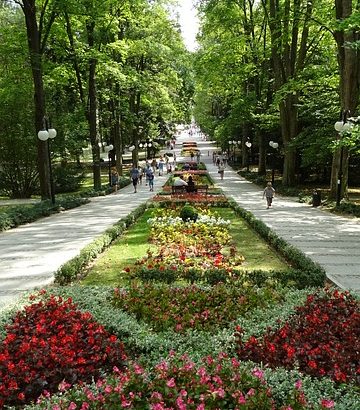
Health Tourism
Medical tourism is the system of travelling abroad to receive medical care. It is also often referred to as medical travel, surgical tourism, or health tourism.
The history of medical tourism dates as far back as thousands of years ago. In the 18th century, patients from Europe travelled to Spa towns and Sanitaria, because these places were believed to have mineral waters that had the capacity to give health. Similarly, pilgrims from Greek were recorded to have travelled from the Eastern part of the Mediterranean all the way to Epidauria; where the sanctuary of Asclepios – the healing god – was located. In some of these healing temples, healing was achieved via “incubation rituals”; which were grounded in fasting, prayer, and ceremony.
Some ages ago, health tourism was all about travelling from underdeveloped countries to medical strongholds in technologically advanced countries to receive treatment that was not available locally. In recent years, however, people now travel from developed countries to receive treatment in developing countries. This is due either to the unavailability or the high cost of such treatment in developed countries. For instance, a liver transplant that could cost up to about $300,000 in the United States might cost around $90,000 in Taiwan.
Mostly, people embark on medical tourism for surgeries, dental and fertility reasons. Individuals with rare health conditions may also consider travelling to countries where the condition is better understood and the treatment has a high success rate. Another reason why people travel for treatment is so they can avoid the long wait time for some of the required procedures in their country. Health tourism could also be embarked upon for preventive measures; as well as rehabilitation.
Usually, patients tend to rest and fully recover while before leaving their destination. During their medical trip, travellers often prefer to spend more time in a hotel than at the hospital. The hospitals and clinics that render medical tourism services are often equipped with state-of-the-art apparatus. These clinics also get to boast of professional physicians who have bagged series of advanced degrees within their areas of specialization.
In advertising medical tourism; travel agencies often bundle treatment, recuperation and holiday in a package that makes it feel like a vacation.
Social and ethical issues in medical tourism
One major cause of criticism within the health tourism industry is the inconsistency that lies in the quality of care. This is why the system of accreditation was implemented to standardize health care across continents. The essence of accreditation is to ensure that health tourism facilities have professionally trained physicians working at the facility. Furthermore, it helps to ensure that facilities are equipped with the standard apparatus that are required to perform the treatment offered. It also helps to ascertain that medical facilities meet up with and adhere to all safety standards as is required within the industry.
Some of the recognized accreditation institutions for medical tourist hospitals are:
o The Joint Commission International (JCI)
o Accreditation Canada International
o The Australian Council on Health Standards International.
Each of these organizations keeps a list of hospitals that have been accredited by them. This way, medical tourists can see a list of facilities that have been accredited before making the ultimate decision.
Another major issue with health tourism is the illegal trafficking of human organs. Nations with highly impoverished populations usually have a supply of body organs for sale. This is due to the fact that citizens are more likely to consider selling off one of their body parts in exchange for money. Meanwhile, not much attention is paid to these donors after they sell their organs.
In the last decade, the growth of the health tourism space has led to a proportional growth in the health care sector. However, the multidimensional effect of the notorious COVID-19 pandemic dealt a huge blow to the industry. The restriction of international travel during the pandemic; as well as the falling global economy, led to a substantial decline in the growth of health tourism. According to reports, it is expected that the health tourism space would begin to experience significant growth as from 2022.
